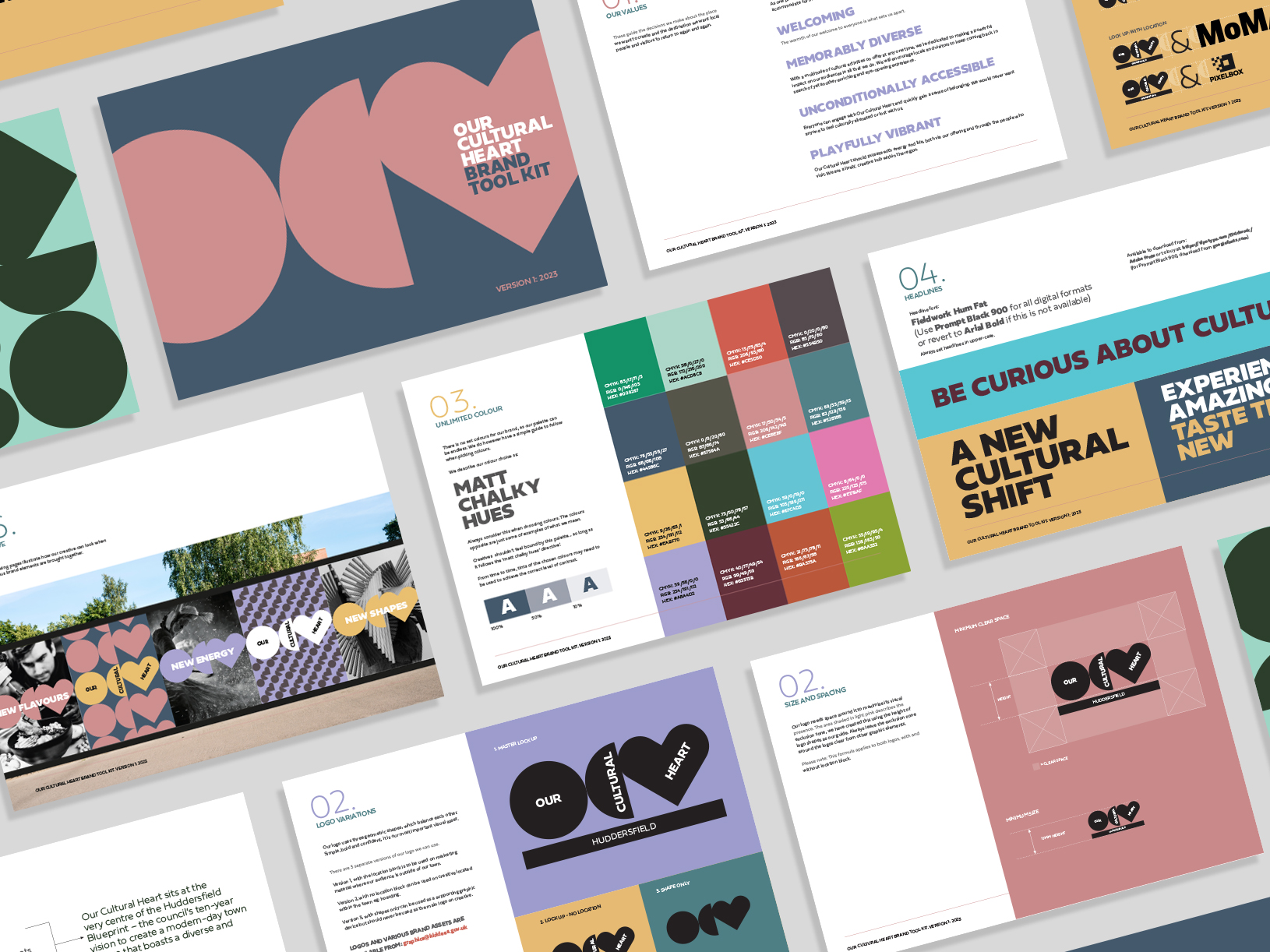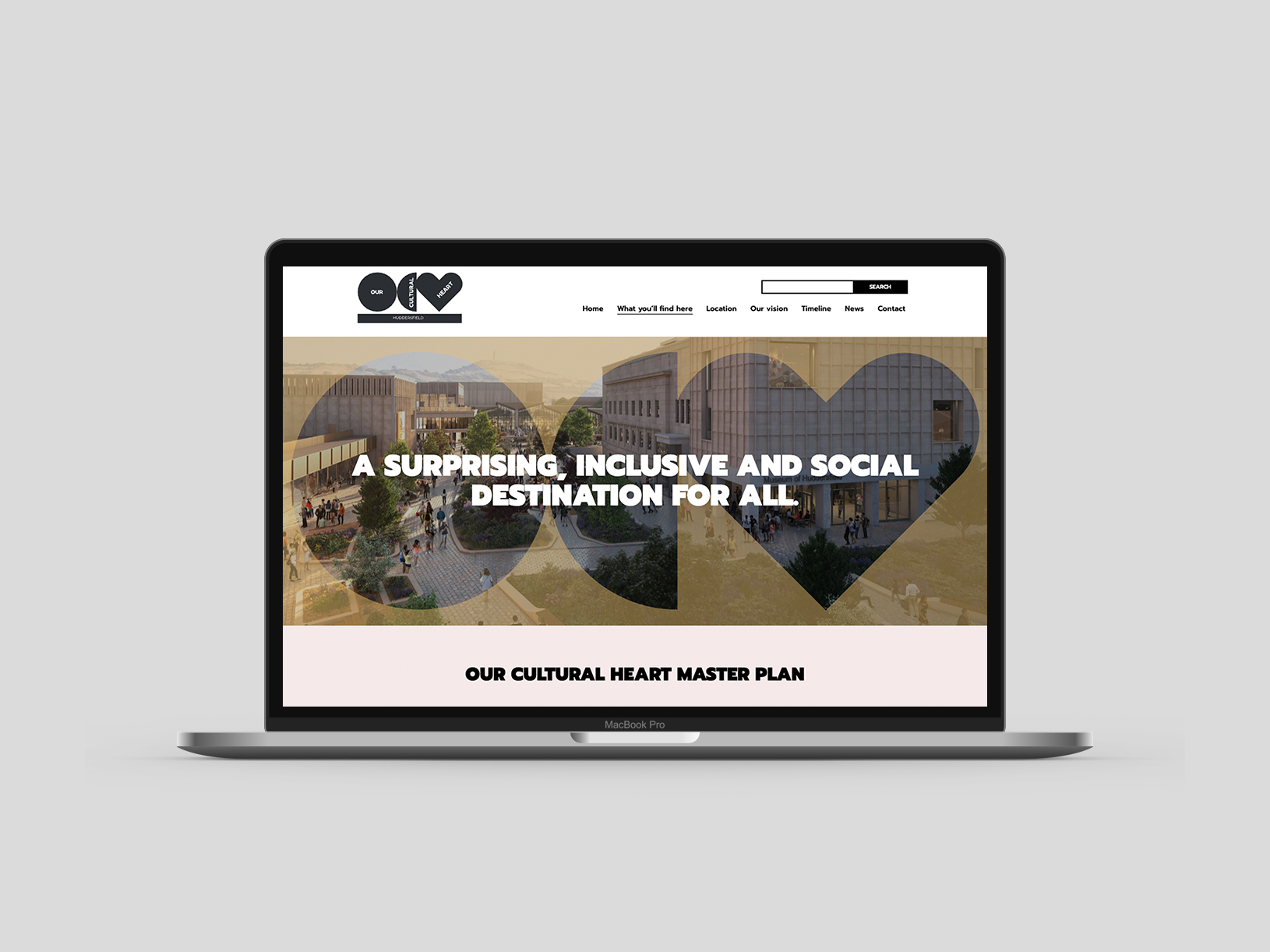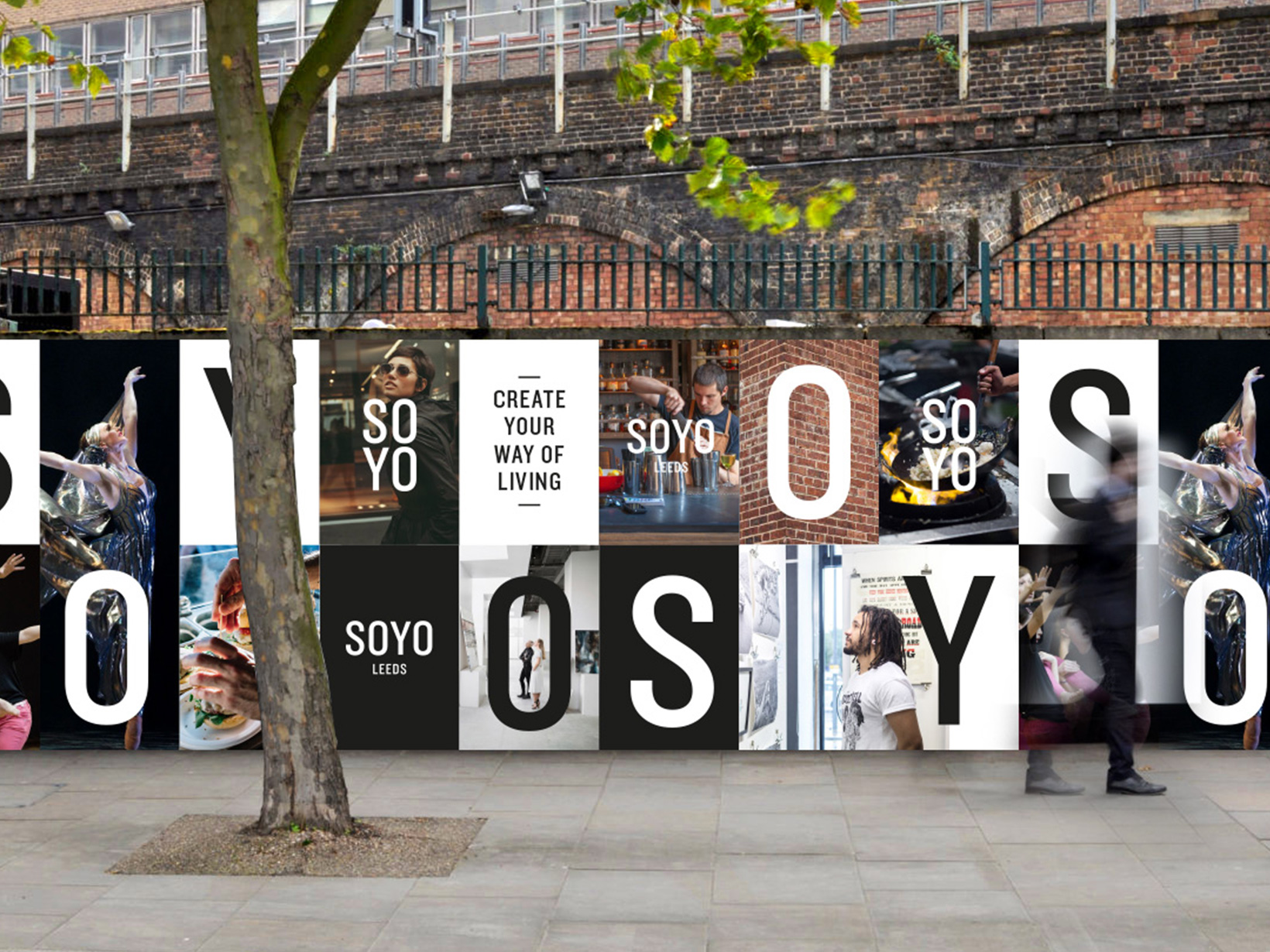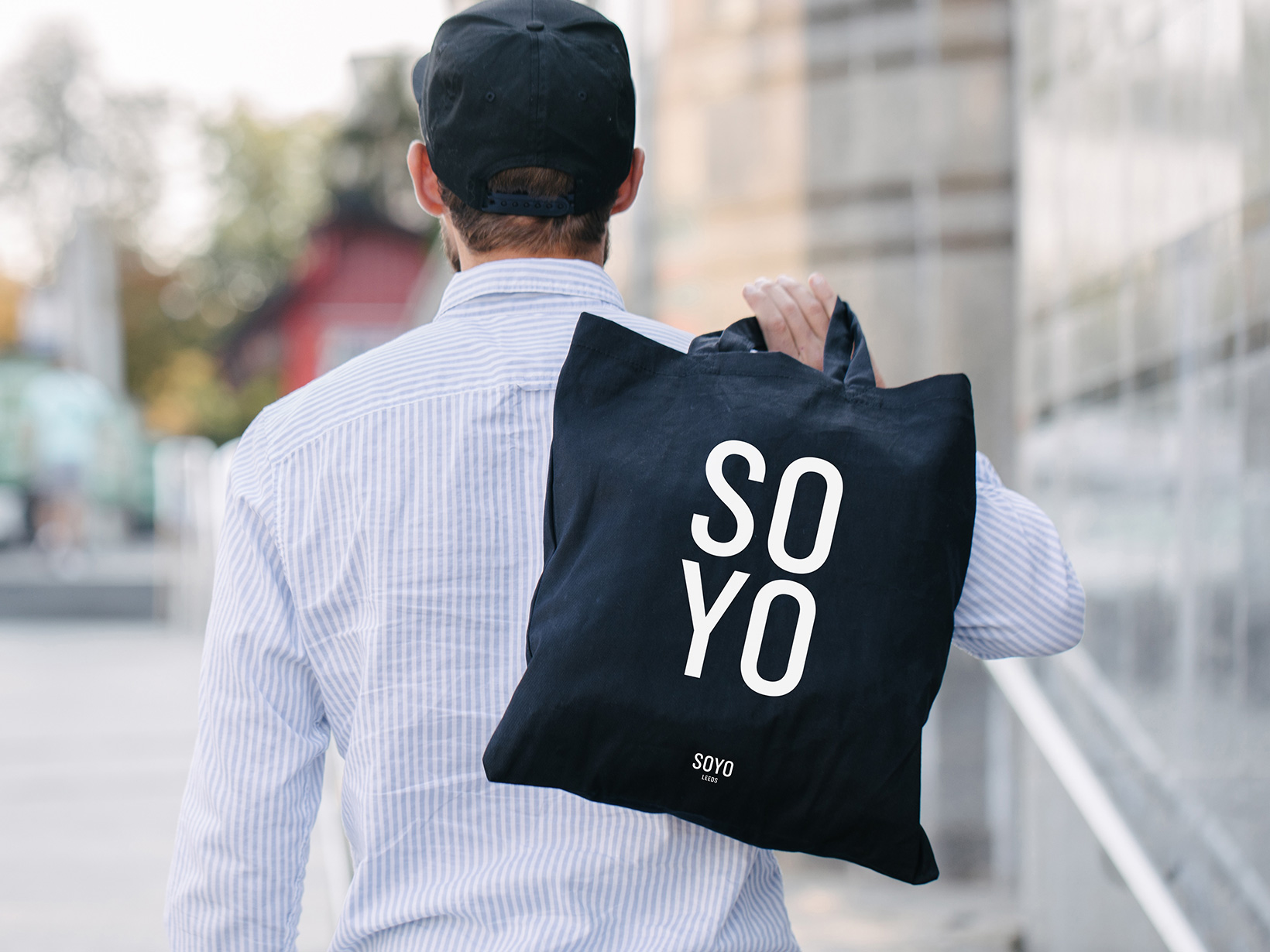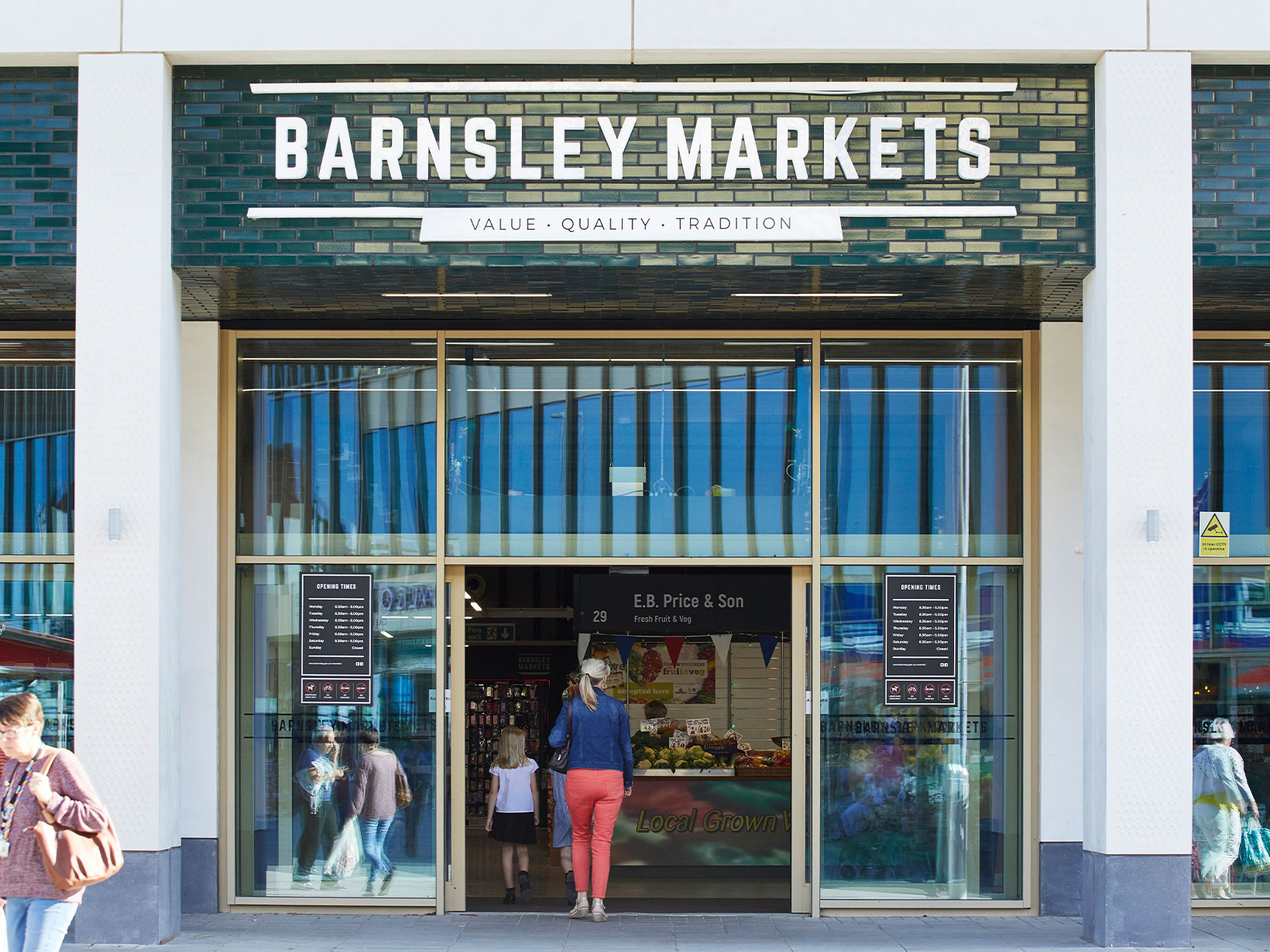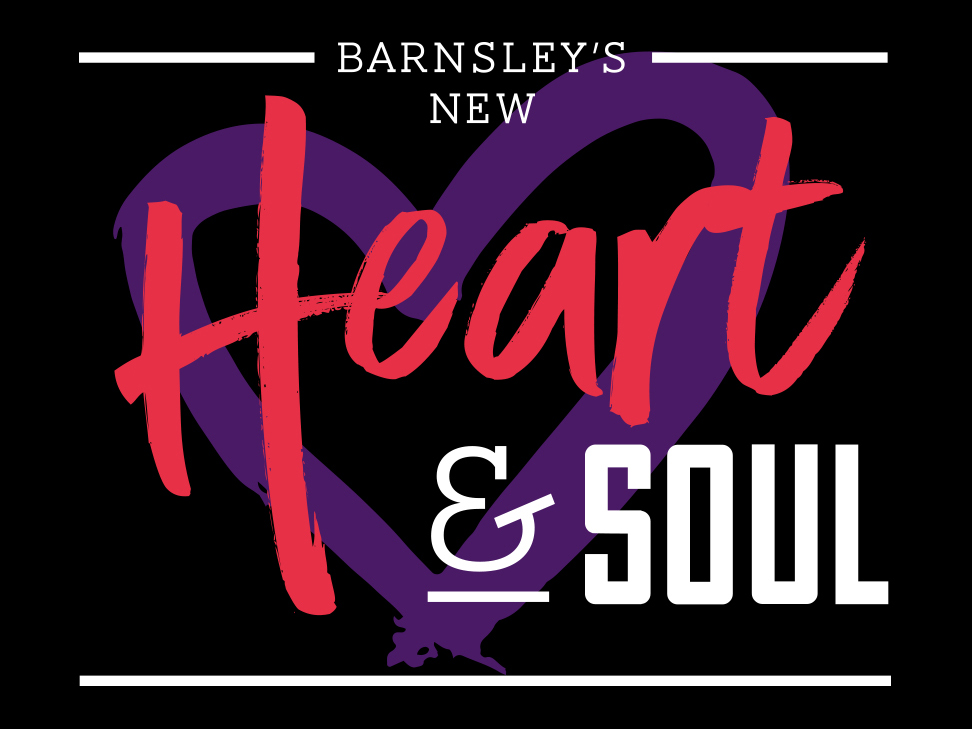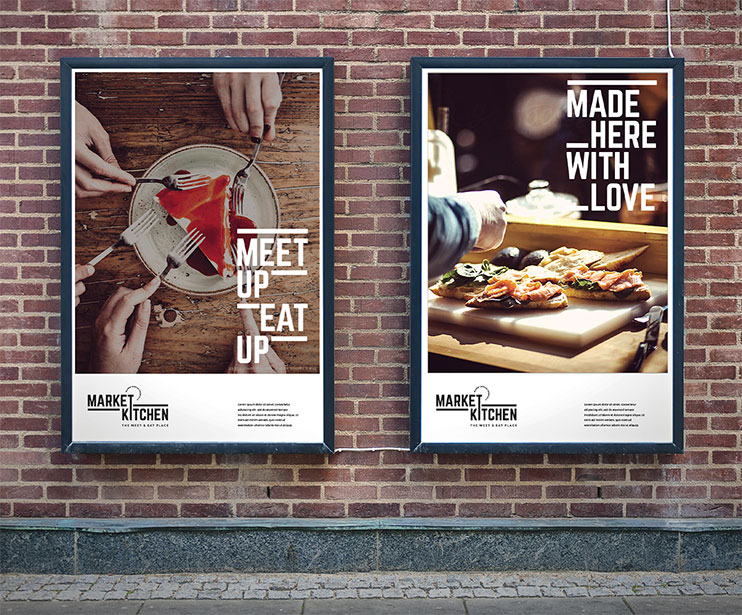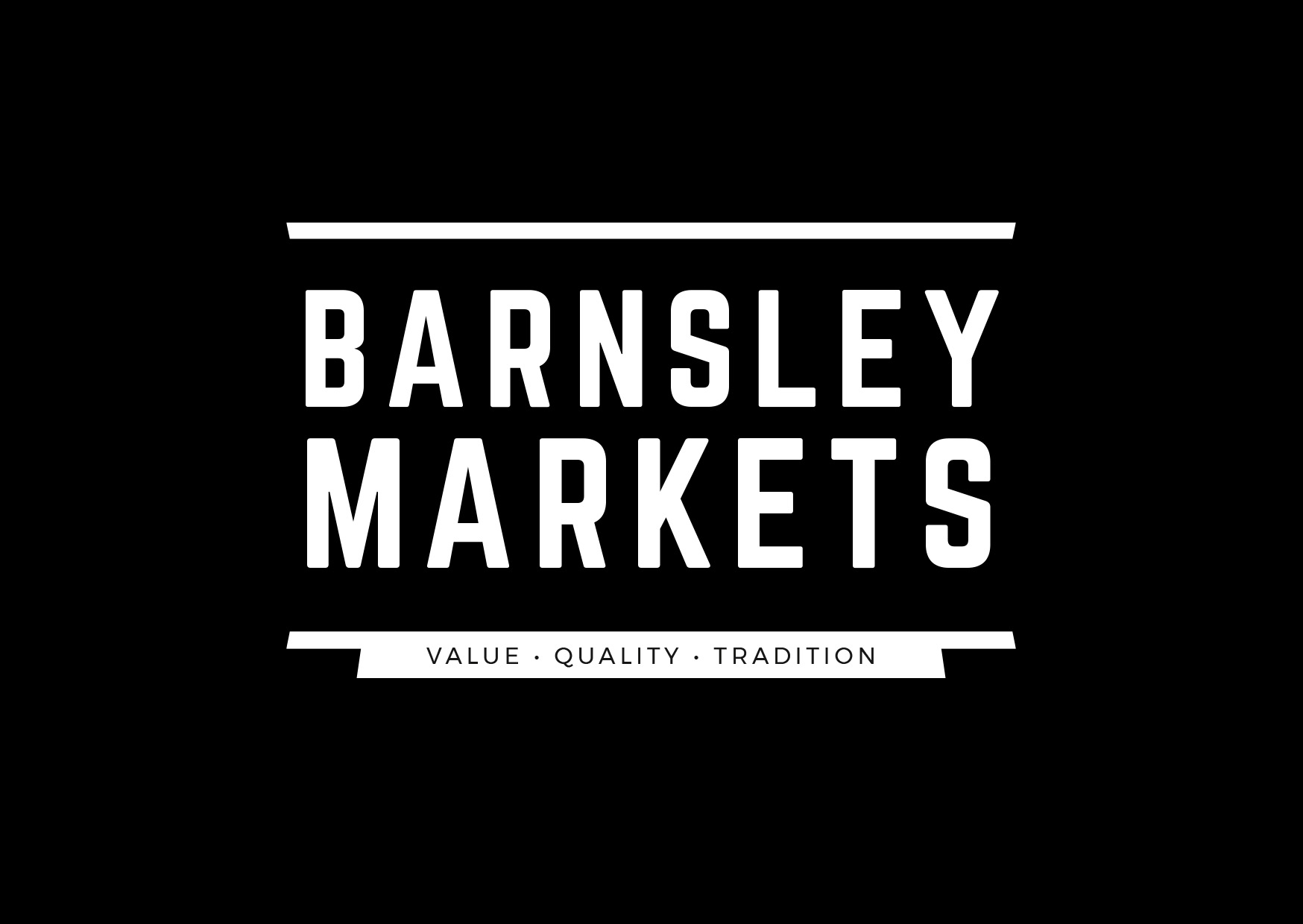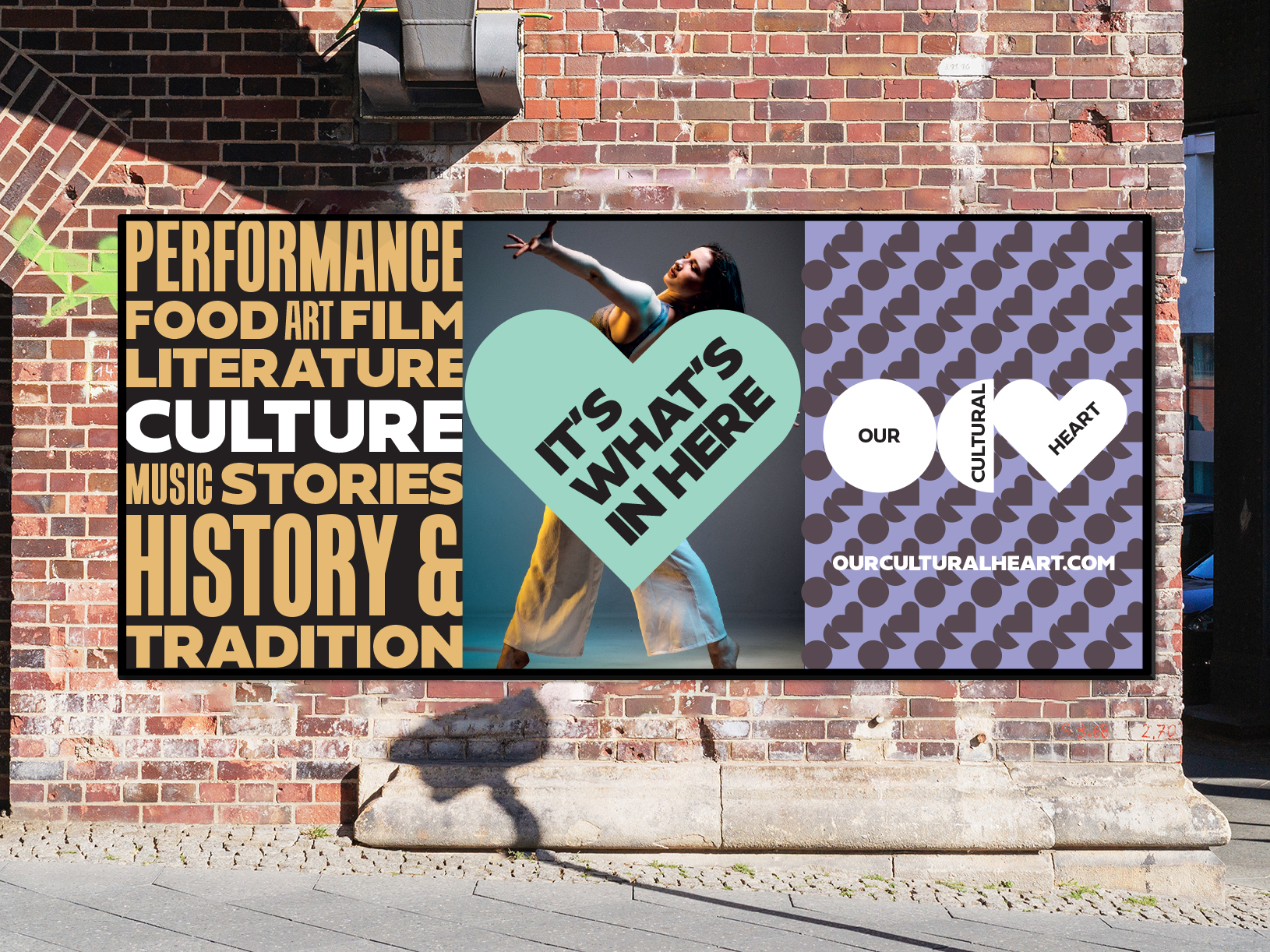What is culture to you?
Is it your life long passion for fashion, a love for live music, experiencing the world through new gastronomic adventures, or even being a part of performance art?
Whatever culture means to you, we believe a common thread that runs through every expression of this word is ‘belonging’. The Cambridge dictionary definition of this is ‘a feeling of being happy or comfortable as part of a particular group and having a good relationship with the other members of the group because they welcome you and accept you’.
The richness culture brings to a place, provides the very foundation for engagement, interaction, lively debate and ultimately creativity. To enjoy a rich, successful and sustainable life, the human interactions that form part of these cultural experiences are vital.
The very essence of the regeneration of places must be to create arenas for cultural interactions. When people feel like they belong they will continue to frequent these spaces, thus making them sustainable and successful places for all people, no matter their opinions or beliefs.
We polled opinions at DS.Emotion and this is what we believe are the top 5 reasons why culture is key to creating successful and sustainable regeneration for all – the very essence of placemaking:
Cultural Identity and Community Engagement
Culture forms the foundation of a community’s identity and values. Sustainable regeneration initiatives that incorporate and respect local cultural practices and traditions are more likely to garner community support and engagement. When residents feel a strong connection to their cultural heritage within regeneration projects, such as we have done in Barnsley where we have delivered significant positive changes for local residents, they are more inclined to actively participate in and sustain the revitalisation efforts over the long term.
Preservation of Heritage
Culture plays a vital role in preserving historical landmarks, traditions, and practices. Sustainable regeneration efforts that prioritise the preservation of cultural heritage sites not only maintain the unique identity of a community but also attract tourism, fostering economic growth and promoting social cohesion. By integrating heritage conservation into regeneration plans, communities can safeguard their cultural legacy for future generations.
The integration and development of the historical Lifting Hoist which will turn into a mini museum at Wellington Place, Leeds. Image MEPC.
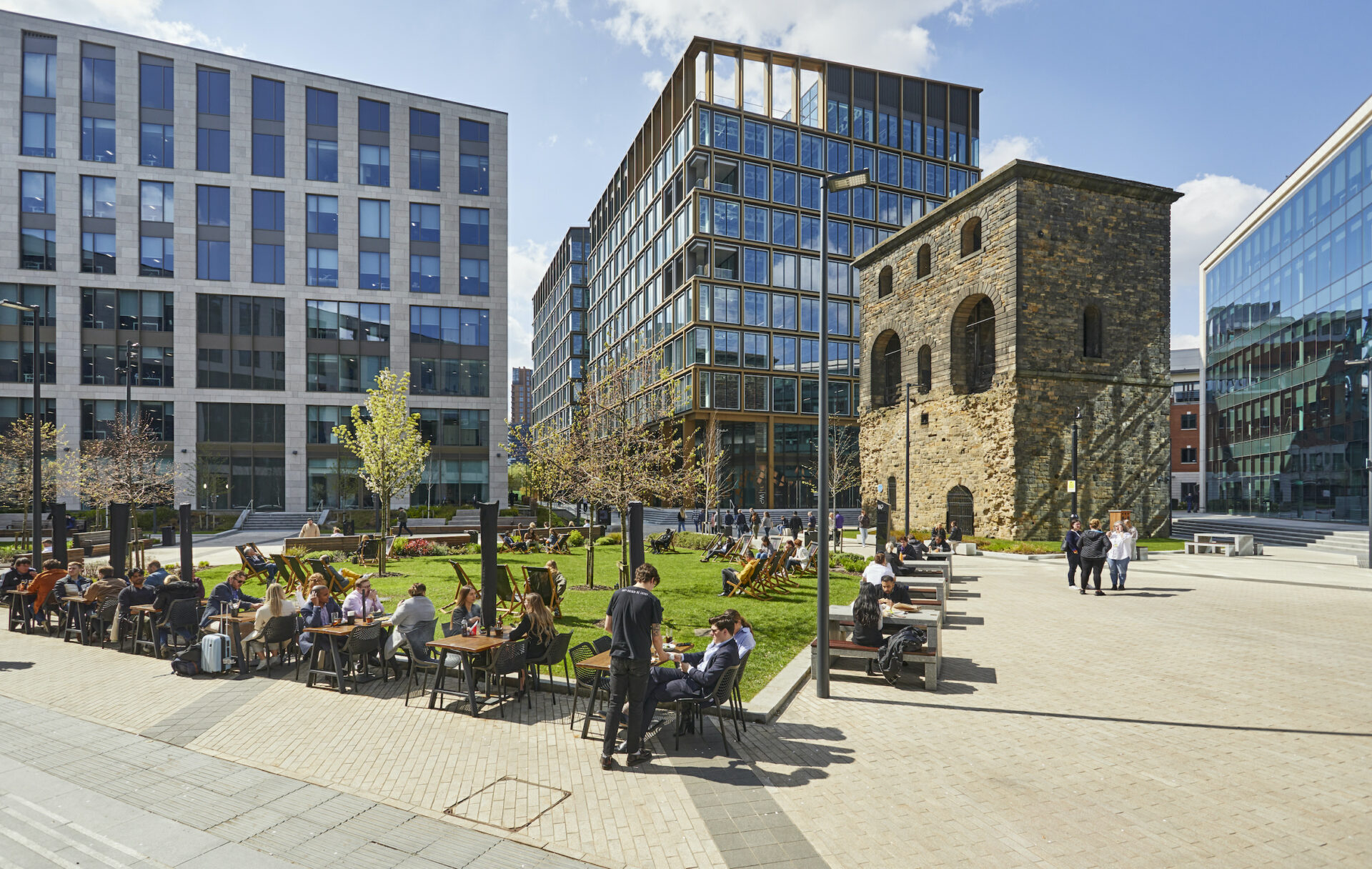
Innovation and Creativity
Culture is a source of creativity, innovation, and diversity. Embracing cultural diversity within regeneration projects encourages the exchange of ideas and perspectives, fostering innovation and creativity. By incorporating elements of cultural expression, such as art, music, and cuisine, into urban revitalisation efforts (such as our recent work for Our Cultural Heart, Huddersfield), communities can cultivate vibrant and dynamic spaces that attract residents, businesses, and visitors alike.
Social Inclusion and Equity
Culture plays a crucial role in promoting social inclusion and equity within communities. Sustainable regeneration initiatives that prioritise cultural diversity and inclusivity help create spaces where all residents feel valued and represented. By providing opportunities for cultural exchange and collaboration, regeneration projects can bridge social divides, foster empathy and understanding, and promote social cohesion among diverse populations.
Environmental Stewardship
Culture often includes traditional knowledge and practices related to environmental stewardship and sustainability. Integrating indigenous and traditional ecological knowledge into regeneration projects can enhance their ecological resilience and sustainability. By drawing on cultural wisdom and practices that prioritise harmony with nature, developers and communities can develop regeneration strategies that mitigate environmental impact, conserve natural resources and promote long-term ecological health and well-being for all.
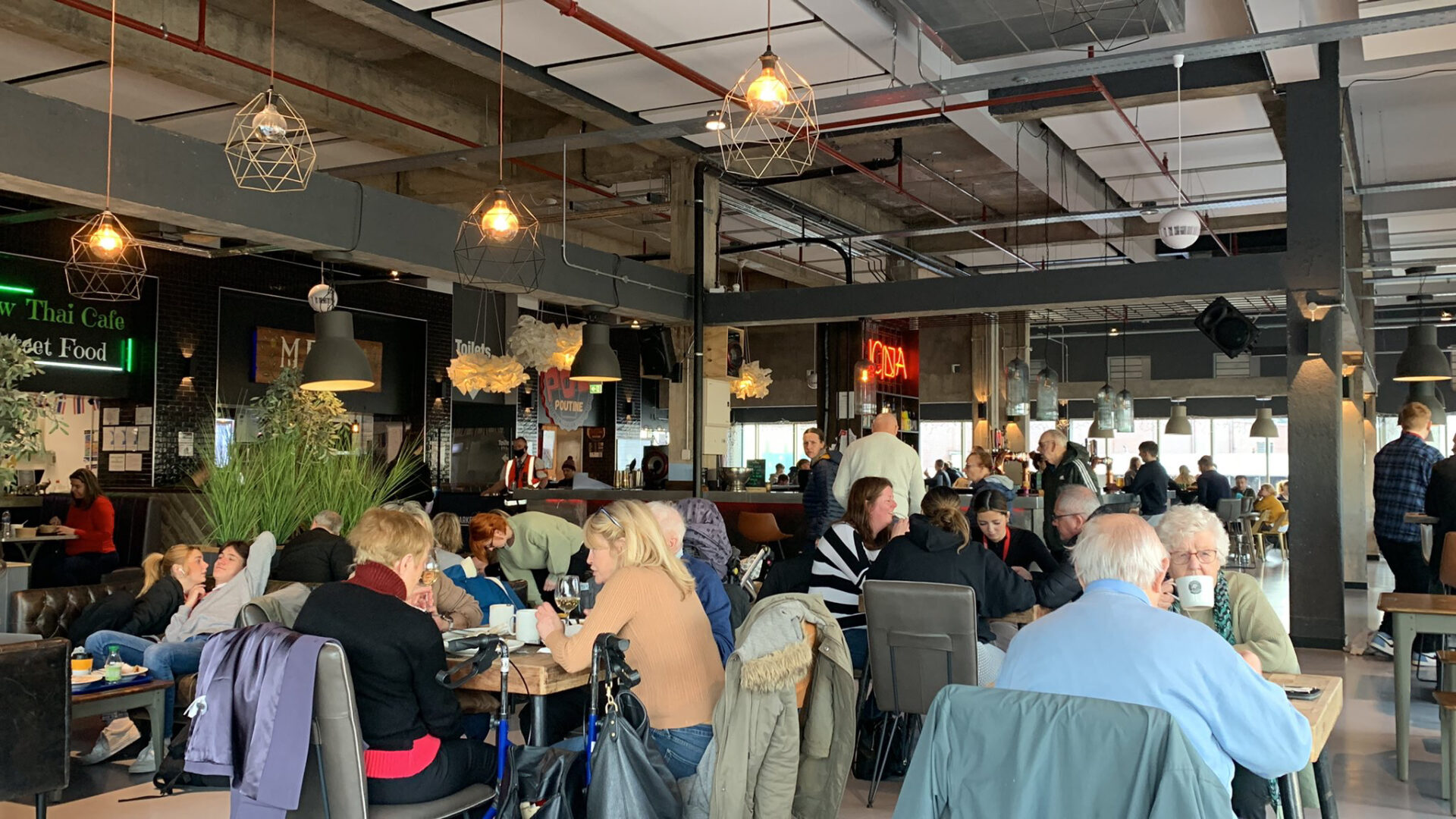
DS.Emotion are experts at understanding, articulating and delivering placemaking projects for our public and private sector clients which place the essence of culture and belonging at their heart.
These are not just leisure or residential only requirements. Commercial office spaces and destinations also need to consider their surrounding cultural influences. Identifying and including activities such as these can promote positive interactions, teamwork and discovery, encouraging people to continually return to a place by creating a sense of common purpose.
We have positively contributed to the well-being of communities through the work carried out in retail environments such as Angel Central, Islington in delivering the award winning ‘Feel Good Festival’, increasing engagement, footfall and ultimately building sustainable incomes for our occupiers and in turn our clients.
If you’d like to talk to a member of our team about how culture and a feeling of belonging can enhance an existing or developing place, please get in touch for a chat and we’d love to tell you more about the work we love to do.
Thanks for taking the time to read this article. If you have any opinions, please submit these by email and we’d love to publish the feedback.
